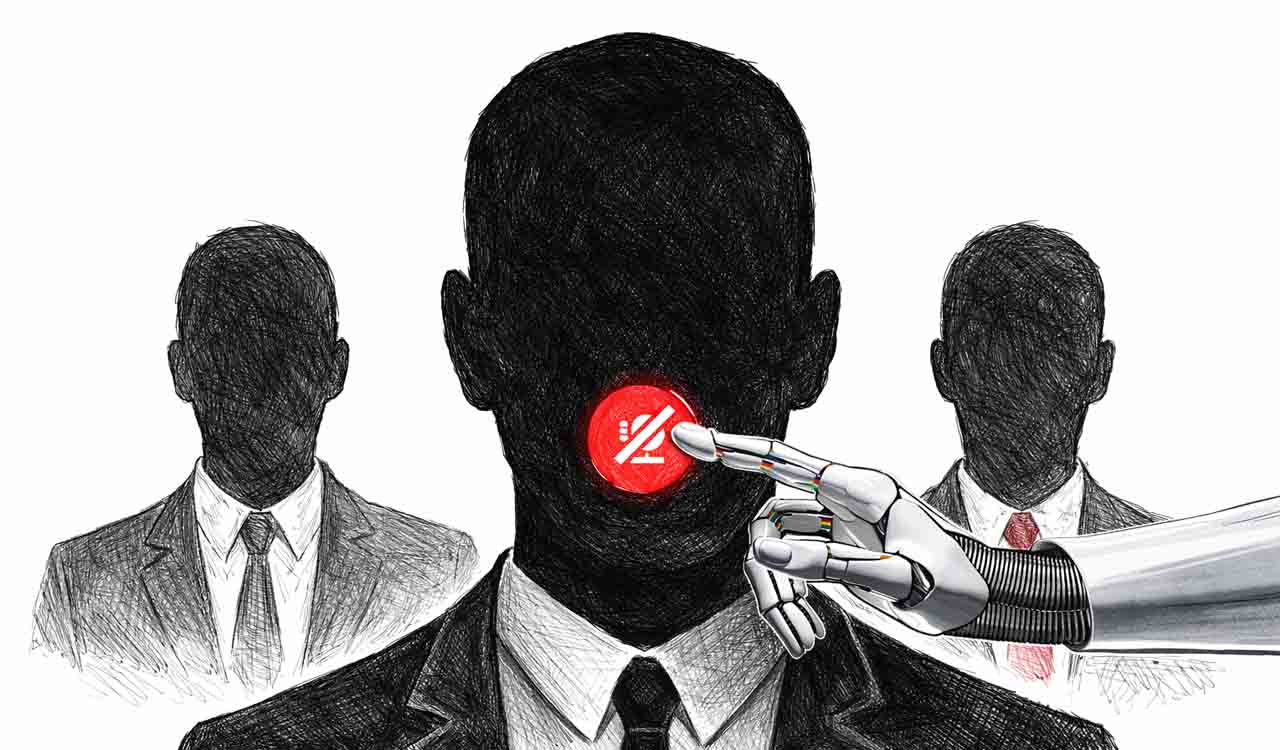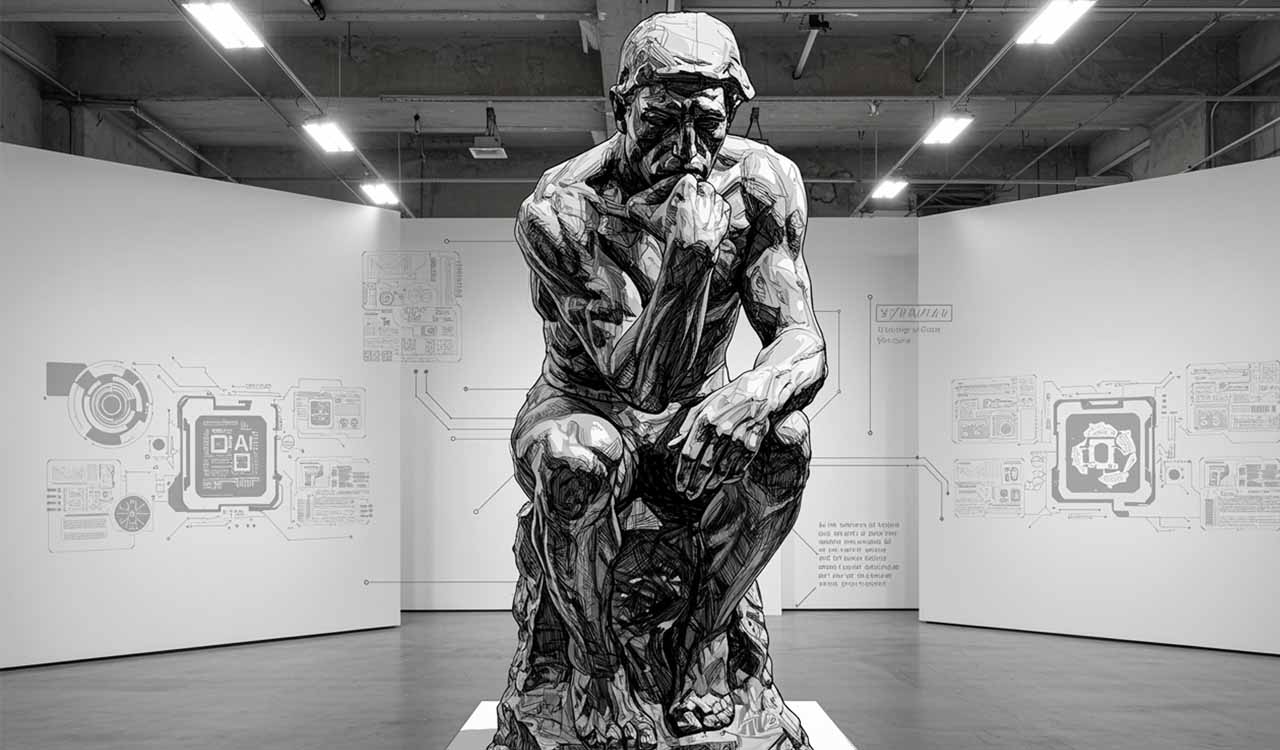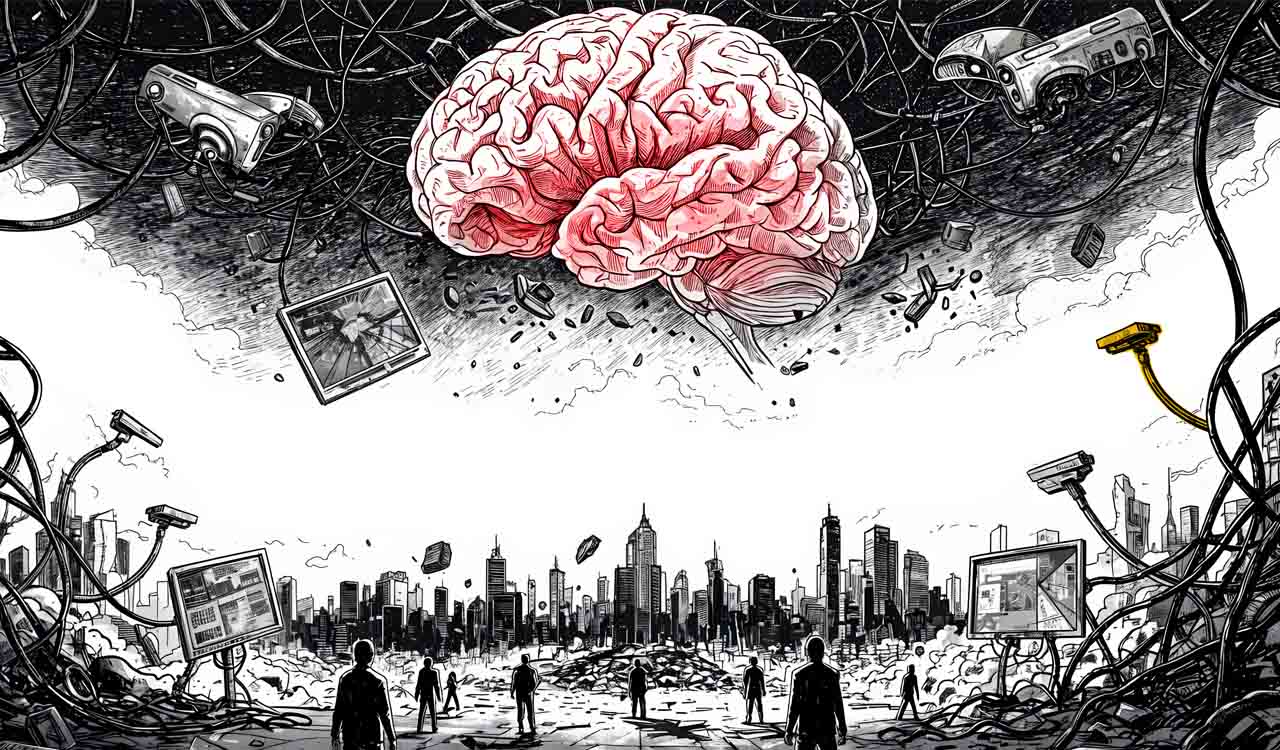Opinion: Real humans, unreal lives
When untruth dominates our lives, it jeopardises fundamental aspects of humanity, and even identities become false constructs
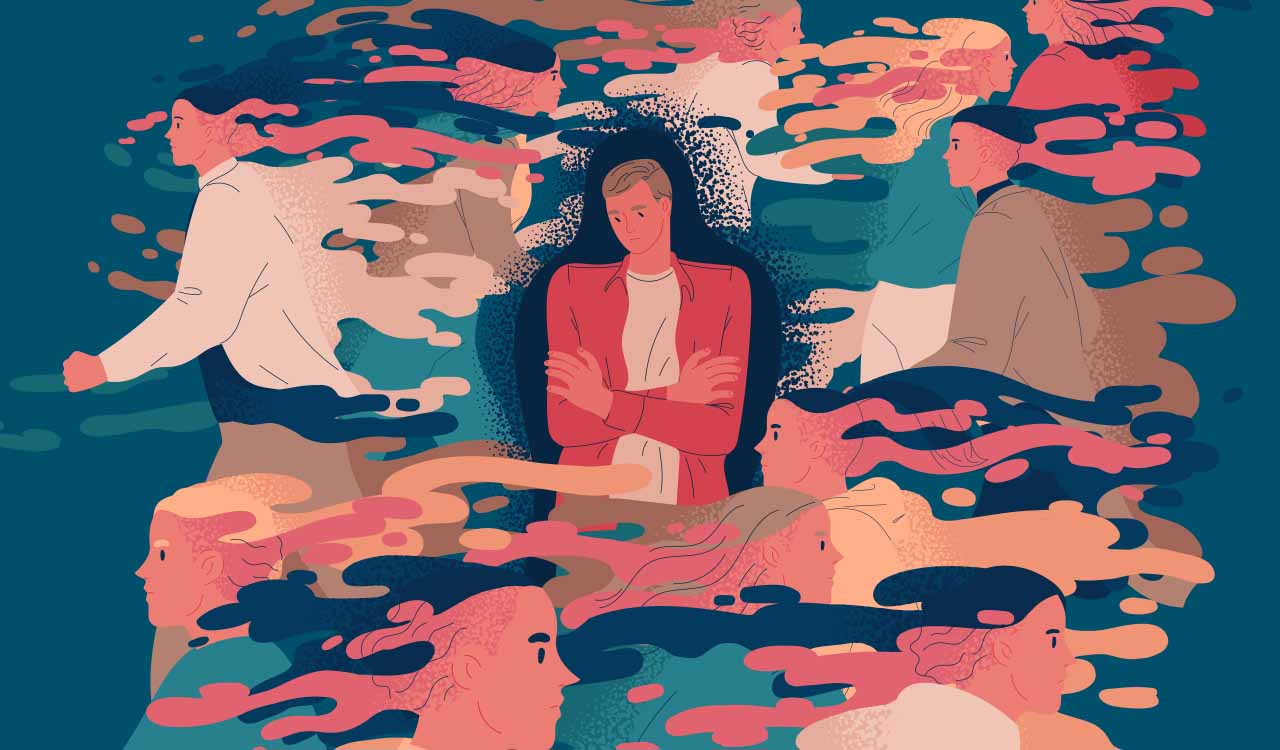
By B Maria Kumar
What is the connection between the Biblical Noah and the 21st-century Noah? My answer is neither exhaustive nor definitive, but my view is that it lies in their shared quest for factual information. What links these two remarkable figures is a humble yet symbolic creature — a pigeon. In the Biblical account from the Old Testament, Noah, amidst the cursed, world-devastating floods, sent out a pigeon from his ark to discover whether the waters had receded. The bird became a messenger of hope, signalling the return of dry land.
Also Read
Fast forward to the 21st century, another Noah, Yuval Noah Harari, an Israeli historian, released his intellectually engaging new book, ‘Nexus: A Brief History of Information Networks from the Stone Age to AI’, a few months ago. Like the Biblical Noah’s pigeon, Harari’s book, featuring a pigeon on its cover, seeks to probe the overwhelming ‘floods’, not of water, but of information — that seem engulfing the modern world. Through his unprecedented reasoning, Harari examines whether humanity is drowning in this deluge of data or if we can navigate it to uncover truth and reality.
Make Believe Stories
Harari, known for his groundbreaking perspectives, challenges us to confront the possibility that much of our lives may be driven by fictional stories and narratives that we collectively create and believe. His mind-bending and sometimes perplexing insights push us to reconsider the nature of our existence in this rapidly evolving information age.
Harari infers that almost all spheres of human social systems worldwide are heavily influenced by invented tales and fabricated ideas. These concepts guide or often compel individuals to adopt them blindly or habitually, shaping lifestyles that are disconnected from their authentic selves. This alienation frequently steers people away from healthier and happier ways of living. The unfortunate consequence is a life devoid of alignment with one’s true nature, a realisation that becomes painfully significant when people recognise that life is too short — a mere span of a few thousand days at most.
In light of Harari’s keen analysis, it is normal to question the critical importance of examining the implications of living in a state of unreality. When untruth dominates our lives, it jeopardises fundamental aspects of humanity such as freedom, identity, authenticity, responsibility, choice, and the ultimate purpose and meaning of life. As a result, individuals lose their sense of self, and as Harari suggests, even the identities they impose on reality become false constructs.
Living under such imaginary premises leads individuals further astray from their innate moral core, rendering their lives hollow. This loss of freedom strips individuals of their ability to make autonomous choices, ultimately eroding their dignity. Over time, the very crux of human essence, comprising purpose and meaning, becomes vulnerable to obliteration. Reclaiming freedom, purpose and meaning is a pressing concern in today’s world, especially with the rapid proliferation of self-governing artificial intelligence (AI). AI, while useful in many aspects, also serves as a powerful generator of misinformation and disinformation, exacerbating the difficulty of discerning truth in a sea of unsubstantiated information.
Human Conscience
Given the circumstances, one of the most promising solutions to rectify the situation is through the power of human conscience. Conscience has the unique ability to mould how we think, analyse, distinguish, infer and navigate towards paths that lead to safe and fulfilling lives.
Despite the noticeable presence of fake portrayals and misleading depictions in the current era of the big data boom, the logical part of the human brain is capable of recognising contradictions and reconciling diverging opinions via the means of scrutiny and dialogue. In doing so, conscience can evolve into humanity’s supreme moral compass. When it is in sync with reality and integrity, individuals can regain the freedom to act responsibly, exercising their capacity to make reasoned choices.
Humanity, divided into multiple nationalities with varied ideologies, loyalties and allegiances, still shares one unifying identity: the human identity
When individuals pursue the purpose and meaning of their lives, one vital factor they must prioritise is securing and safeguarding their own existence, as it acts as the foundation for life’s onward journey. However, considering the diversity of individual goals and aspirations, clashes of mutual interests are inevitable.
Humanity, divided into multiple nationalities with varied ideologies, loyalties and allegiances, still shares one unifying identity: the human identity. Hence, when everyone’s conscience is attuned to the universal truth of peaceful coexistence, it paves the way for all to work in the direction of realising their respective life purposes and meanings. Being integral to human identity, peaceful coexistence is not merely an abstract ideal but a scientifically supported fact and a practical necessity.
Natural World
Humans cannot exist without a symbiotic partnership with the elements of nature. The interconnectedness emphasises the need for harmony, not just among people but also with the natural world, enabling us to build a future where individual aspirations thrive alongside collective uplift. This awareness emerges distinctly even when we consider the role of microorganisms in our lives.
In a research report published in ‘Business Insider’ in July 2024, Gabrielle Morse, a gut health specialist, explains that millions of bacteria residing in the digestive tract contribute significantly to our well-being, provided we care for them in return. Modern studies further reveal that mental health is more influenced by the gut microbiome than the brain itself.
In another research article published by the Stanford Center on Longevity in November 2024, Steven Crane, a researcher, highlights that human interpersonal relationships are critical to overall fulfilment. Similarly, recent findings suggest that environmental protection, particularly the availability of green spaces, improves health outcomes. Such systematically validated realities are achievable only when humans give precedence to rationally proven living and consciously avoid false or unsustainable modes of existence.
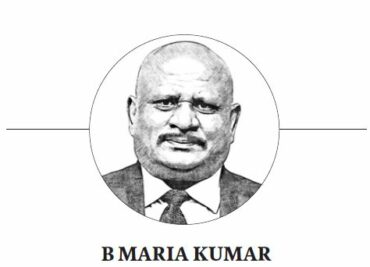
(The author, IPS (Retd), is a winner of National Rajbhasha Gaurav Award for the year 2022-23)
Related News
-
Modi, Macron vow deeper defence, trade partnership
2 hours ago -
Sports briefs: Dharani, Tapasya clinch honours
2 hours ago -
Man arrested for cultivating ganja plants in Telangana’s Adilabad
2 hours ago -
Second successive win for Titans in Samuel Vasanth Kumar basketball
2 hours ago -
Women councillors allege misconduct by Congress in Kyathanpalli
2 hours ago -
Gauhati Medical College doctor lodges FIR alleging harassment by principal
2 hours ago -
Two FIRs filed in Chikkamagaluru after week-long stone pelting on house
2 hours ago -
Viral video shows SUV hitting biker in Dwarka, teenage driver detained
2 hours ago

